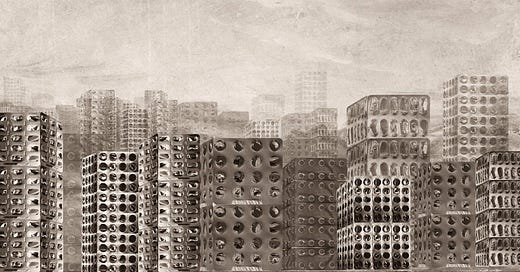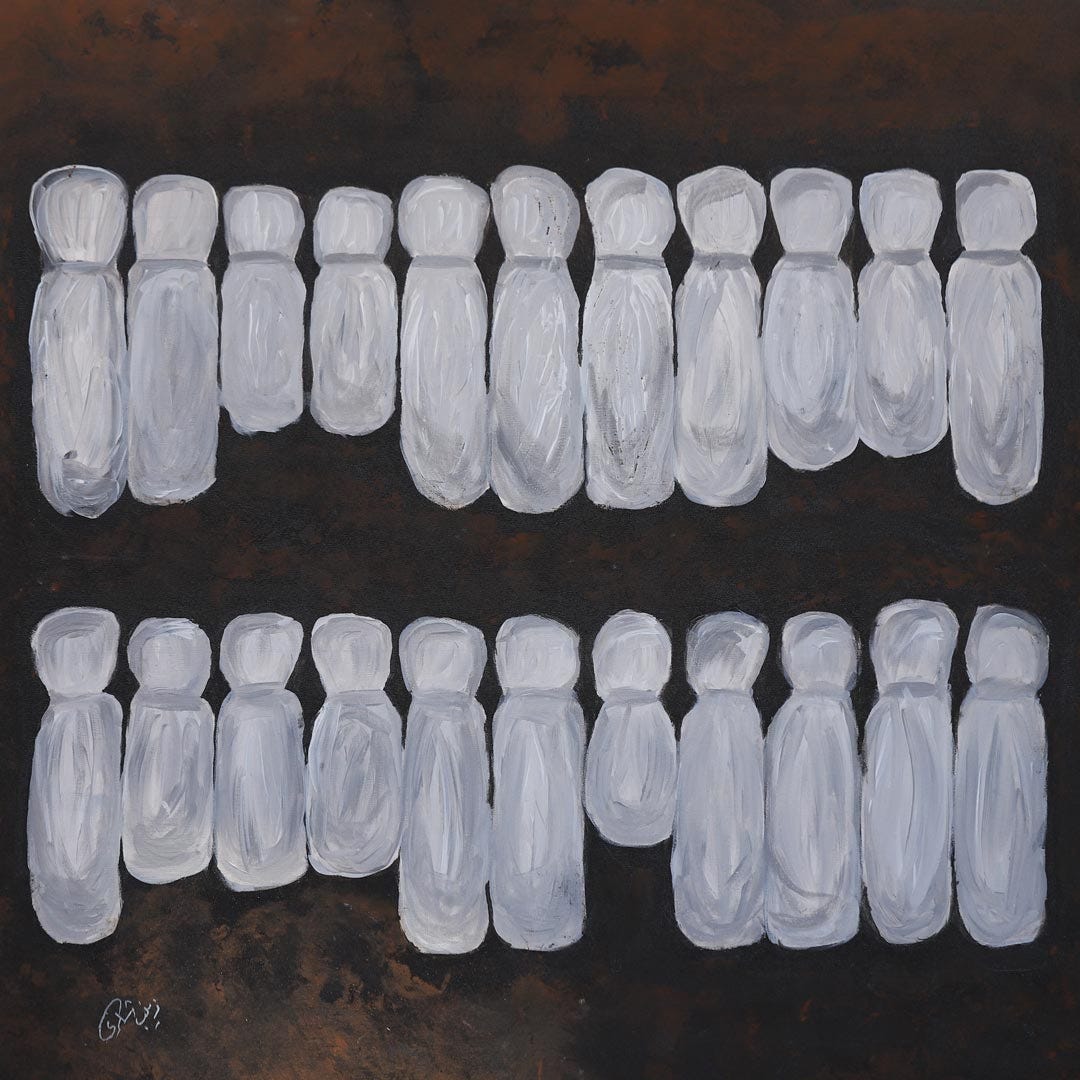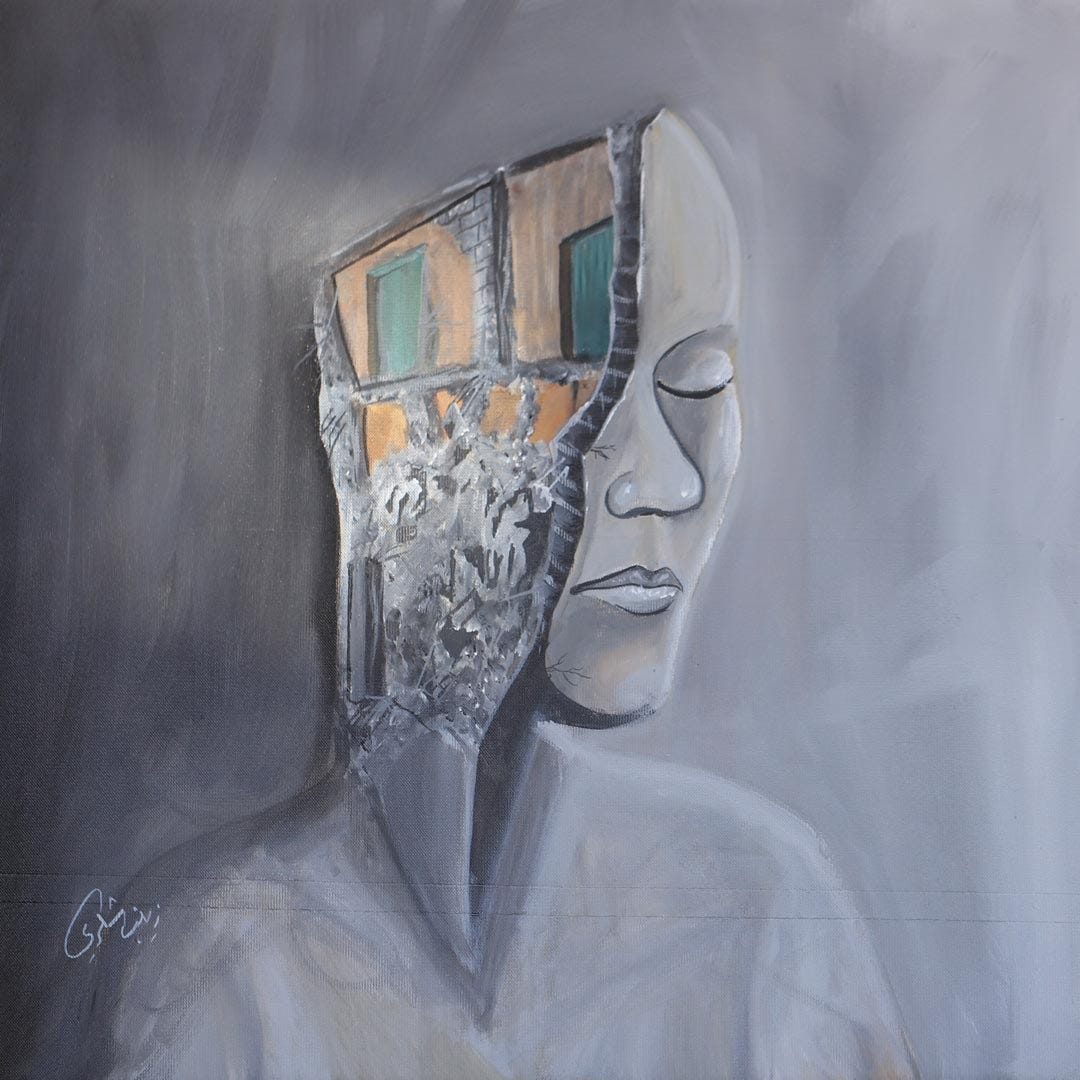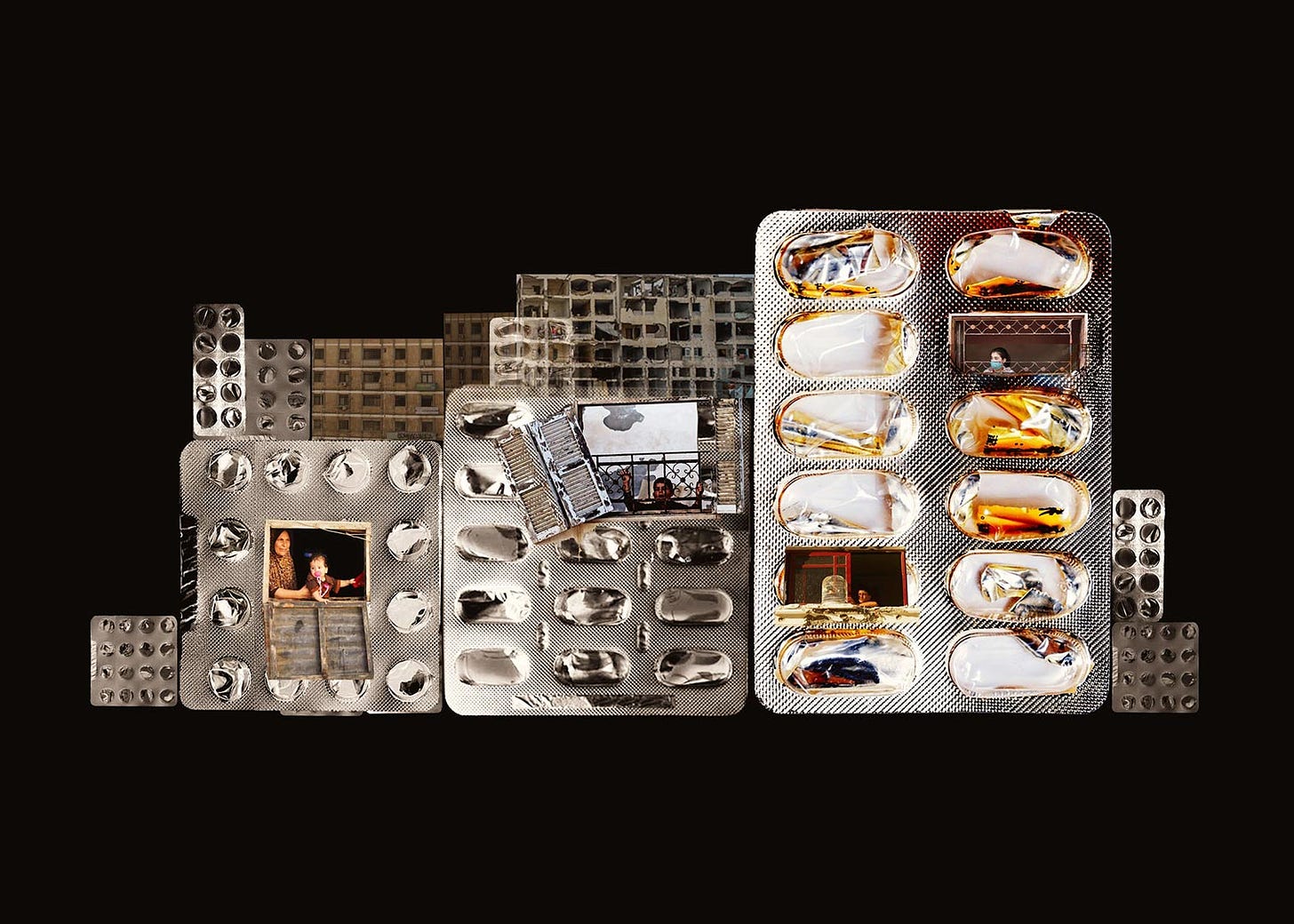Why Am I Still Here?
I’m left with pieces of a life I no longer recognize. How do you keep going when there’s nothing whole to hold onto?
“What does it mean to be a survivor?”
People ask me that sometimes, and sometimes they just assume they know.
Some see survival as this clean thing, like a story of resilience and triumph. I’ve been called strong after so, so many “I’m sorry about that” sort of things. But let’s not make a snap judgement. We’ll come to that.
I’ve known survival as something completely different. It’s something I can’t quite describe, something I feel in my chest, my bones, my coffee — a heaviness that never goes away. It’s messy, twisted, something both holy and haunted. I’ve tasted it.
Ultimately, I don’t think it feels like a win; not even close. It’s like a burden, something I’m forced to carry, piece by piece, memory by memory, day after day, one word at a time.
Sometimes I think the world expects us to be heroes, to wear survival like a badge, as if making it through each day after everything we’ve been through is a victory.
But how do you celebrate survival when it’s built on the ashes of everything and everyone you’ve loved?
Survival isn’t about being strong; it’s about clinging to whatever pieces of yourself haven’t been shattered yet. When I write, I’m not writing from strength. I’m writing to remember — to remember what used to be and to keep hold of what’s left, even if it’s just the whispers of those who are gone.
Maybe, to survive, we have to hold onto the fragments of our history, of our memories, no matter how much it hurts.
Survival is less about enduring and more about holding on, even when your hands are shaking, even when you’re not sure you can do it anymore.
Zainab Al Qolaq, my close friend who created the artwork above, lost 22 members of her family in a single strike on their home one night in Gaza. She herself was buried under the rubble for hours, alive, until rescue teams pulled her out.
The world has since applauded her “survival.” But how true is it to call her that?
I’ll leave it to her.
I’ve come also to feel survival isn’t just one thing. It’s made of layers, each one a little heavier than the last. There’s the obvious layer — the one people talk about. The bombs, the fear, the body counts. But underneath that, there’s this quiet thing, the kind no one sees. The one where you wake up each morning and wonder if you’ll still be you by the end of the day.
This one is about not letting the hurt consume you completely.
And I genuinely feel like I am losing.
“I’m glad you’re now in a safe place!”
It’s quite true to say the bombs missed me (though, frankly, one of them one time was aimed at me and indeed hit my house, but I didn’t just happen to die).
But this doesn’t mean it didn’t hit my soul, shatter my inner peace, destroy any fraction of psychological well-being I had.
Now when I write, I try to show these layers. I want people to see that survival here is complicated. It’s not just being alive; it’s remembering how to be human when the world around you feels anything but. Some days, I feel like I’m losing myself in this place, like each piece of rubble, each child’s shoe left behind, is pulling me further away from who I used to be. I write to hold onto those pieces, but even then, it feels like grasping at sand, slipping through my fingers no matter how hard I try.
There’s also a kind of loneliness in being a survivor. A weight. A guilt. I can’t shake it. The feeling that maybe I shouldn’t be here. Oh, God, is it painful.
Every time I sit down to write, I hear the voices of those who didn’t make it. Friends, family, neighbors — people who deserved so much more than this. And here I am, alive, writing their stories, trying to do them “justice,” even though I know my words will never be enough.
Some other times I feel like a ghost. I carry the memories of people who are no longer here. I live with them, breathe with them, hold them close even when they’re gone. It’s a heavy thing. To be the one who remains when others are gone. I don’t know if I’ll ever come to terms with it, but I know I have to keep going. If not for myself, then for them.
There’s so much people don’t see. Like the scars we carry and the fear that sits in our bones. To survive in Gaza is to live in a constant state of alertness, to exist with one eye always on the horizon, waiting for the next loss, the next attack, the next heartbreak.
Every night, I try to sleep with the sound of drones humming in the back of my head, a reminder that even the quiet from afar isn’t safe.
I don’t know if people understand what that does to a person, to live with that kind of tension day in and day out. It changes you. It settles into your body, a slow, creeping poison that you can’t ever escape.
When I write about this, it’s not just an act of storytelling. Every word is a piece of me, raw and bleeding, something that I pull out of myself because I need to. It’s not about making people understand. It’s about making sure that, in some small way, I’ve captured what it feels like to survive this. And maybe that’s all I can do — write these words, put them out there, and hope that somehow, they carry the weight of this place, of this life.
And here’s the hardest part.
Some days, survival feels empty, hollow. Like there’s no point to any of it. I think of the people I’ve lost, the memories that haunt me, and I wonder if there’s any meaning in all this pain. But then I remember the stories. The people who have trusted me with their voices, their experiences. And maybe that’s the purpose — to give our suffering a voice that goes beyond our inner pains, beyond the rubble and the ruins.
And maybe that’s enough. Maybe, in the end, survival is about finding a way to make sense of the things that can never make sense.
To leave something behind, a small, broken testament to the fact that, even in the darkness, we are still here.
Because that’s all I have left, really. My voice, my words. As long as I can write, as long as I can tell our story, then maybe, in some small way, I am still surviving.
And maybe, just maybe, that’s enough.









It is more than enough , your words touch my heart so deeply, I can never feel your pain but you gave me a taste of it . Keep on writing and sharing so the life’s that are lost live on through you and are never forgotten to the world .
I do not know if I understood everything you were trying to convey, for I have never experienced anything remotely like what you did, but rest assured that you conveyed a lot and that it was crystal clear.
Not to mention powerful. I'll be including this in my next little news summary for sure.